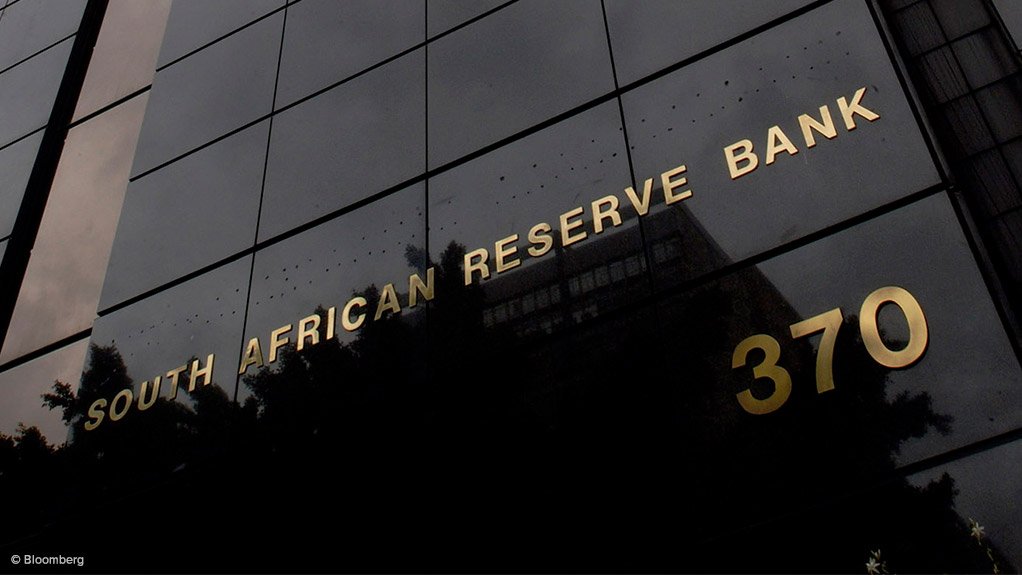South Africa's unreliable power supply and its high level of government debt are two of the main risks to its financial stability, the country's central bank said on Tuesday.
Africa's most developed economy has seen 170 days of rolling blackouts this year due to a maintenance backlog of state utility Eskom's ageing coal-fired power plants.
This has not only hit corporate productivity but also hurt investor sentiment, the South African Reserve Bank (SARB) said in its biannual health check of the financial system.
"Insufficient and unreliable electricity supply is likely to threaten the viability of some corporates, especially small and medium-sized enterprises," it said, adding this could spill over into the financial sector.
South Africa's gross sovereign debt is already more than two-thirds of GDP and the government intends to take on R400-billion of Eskom's, increasing its burden.
"The increased incidence of State-owned enterprises' (SOEs) debt being taken over by government exacerbates this (financial) vulnerability," SARB's Financial Stability Review (FSR) said.
The FSR also noted global stagflation and rapid tightening of financial conditions coupled with slow and inequitable local growth could add further risk.
Stagflation is characterised by a prolonged period of high inflation, low economic growth and high unemployment.
South Africa's central bank last week increased its prime lending rate by 75 basis points to 7%, raising its inflation forecast and cutting 2023 growth projections.
Cyber attacks, climate change and global conflict also pose risks to South African financial stability, SARB said.
But Covid-19, which featured among the top concerns in its May review, was no longer a risk due to less virulent variants, it added.
EMAIL THIS ARTICLE SAVE THIS ARTICLE
To subscribe email subscriptions@creamermedia.co.za or click here
To advertise email advertising@creamermedia.co.za or click here











